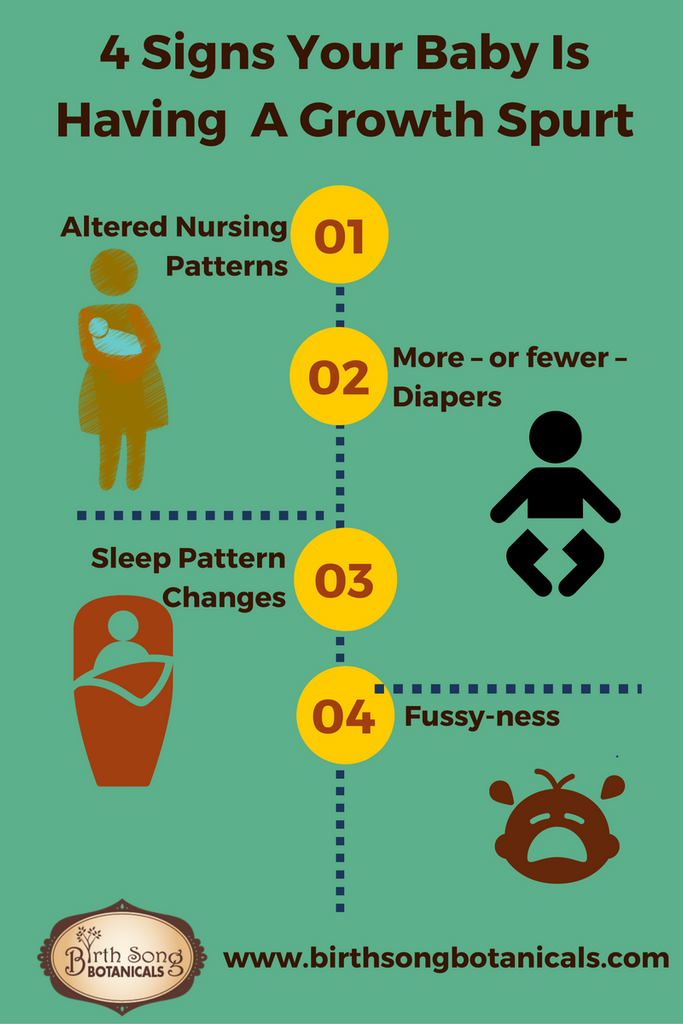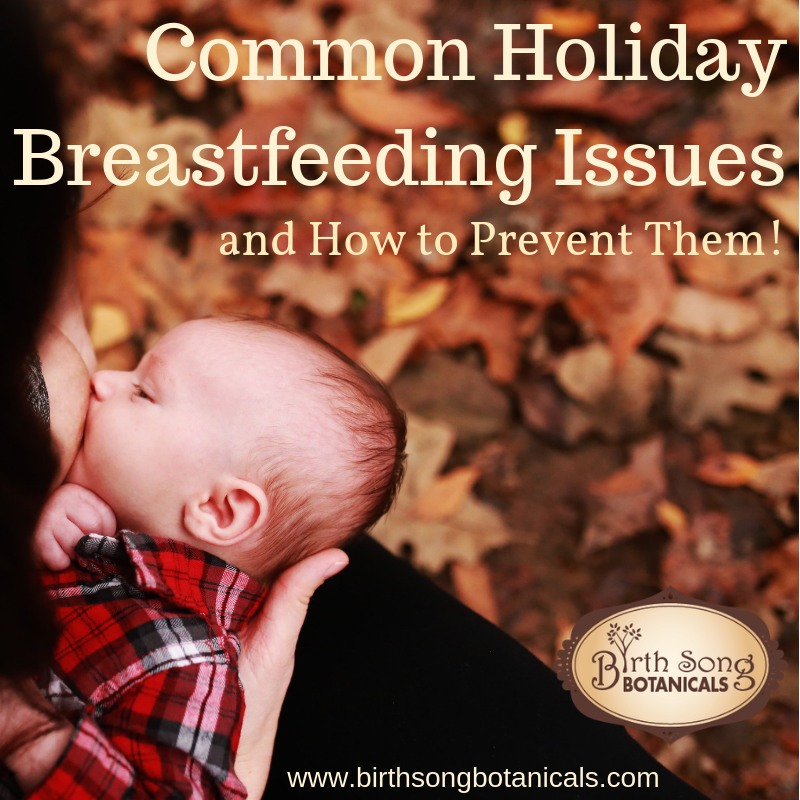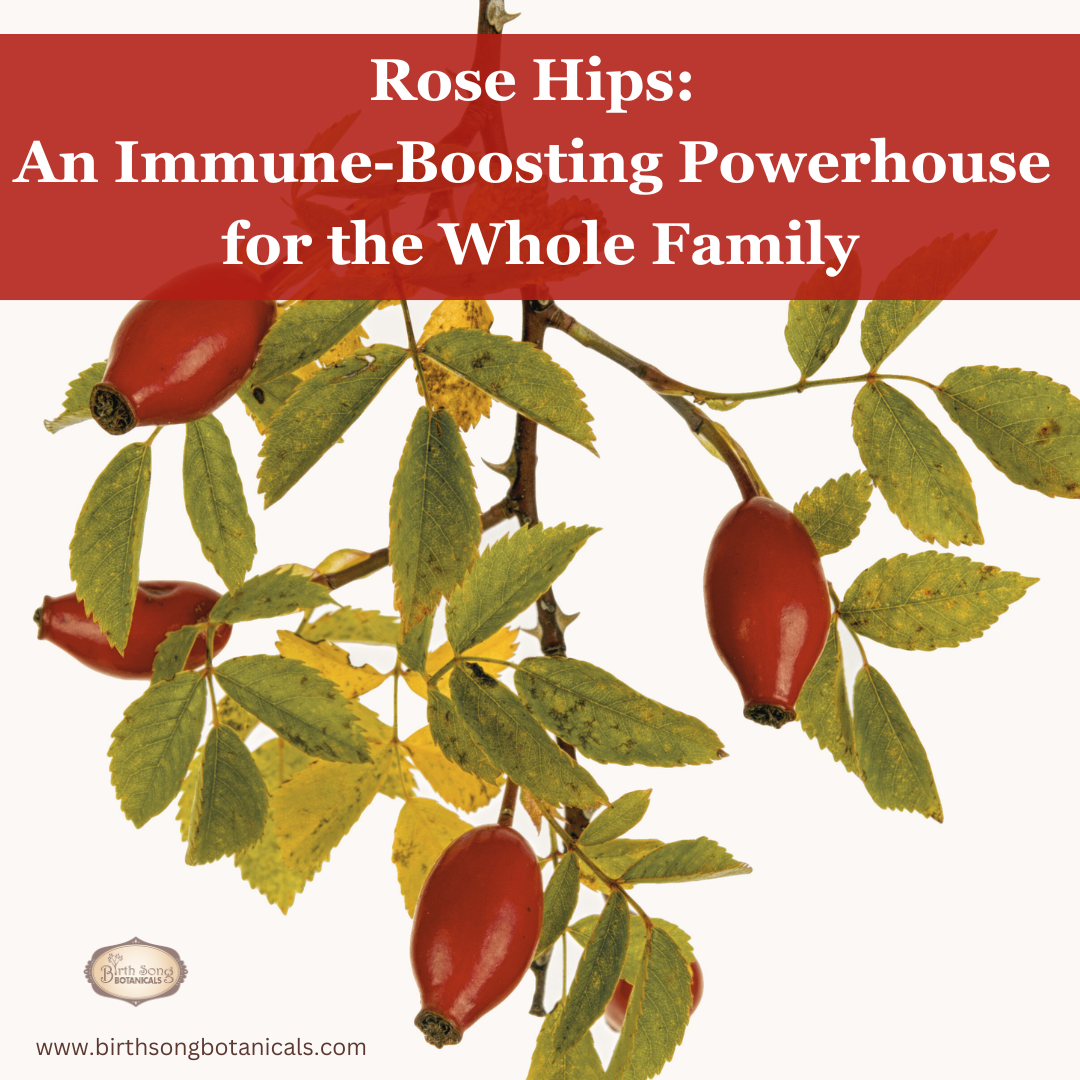4 Signs Your Baby is Having a Growth Spurt

The amount that a baby grows in utero, during the first few weeks, and throughout the first few years is exponential and absolutely amazing. It takes a lot to grow that much, and you will probably notice when your baby has a growth spurt.
But you may not always know what it is you’re noticing – most times. Growth spurts disguise themselves as an extra grumpy baby or one who suddenly takes lots of naps. You’ll wonder what has gotten into them, and the next thing you know, they’ve grown two sizes! Learn the signs of a growth spurt to identify it as it’s happening and save you (and your baby!) some frustration.
Signs of a Growth Spurt
Baby’s brain is growing a percent every day, his body lengthens, and his weight fluctuates down around 10% right away and then right back up again, setting him on a path to doubled weight in six months and tripled at a year. No other phase of life is so full of growth than in babyhood. Signs of a growth spurt include:
- Altered nursing patterns. Sometimes parents think their baby’s increased desire to nurse is a sign of a drop in supply, and more often, it’s a sign of a growth spurt in which the baby is triggering the added supply her growing body will need.
- Or, if the growth spurt includes teething, she may not want to nurse as much because it’s uncomfortable (or may nurse more because it’s soothing). Continuing to follow the baby’s cues throughout the breastfeeding relationship helps her cope with her changing body and gives you something that you can tangibly do to help her discomfort.
- More – or fewer – diapers. The extra nursing could make the baby have more BM diapers, or the additional use of nutrients during the growth spurt could lead to spaced-out BMs. It’s not uncommon for a breastfed baby to space out to one diaper every 6 days or so once they hit a growth spurt. As long as the consistency is normal and the baby isn’t struggling, there’s no need to change what you are doing.
- Also, note that a teething baby may have extra runny poo thanks to the added saliva she’s swallowing (when she isn’t drooling it all over you!).
- Sleep pattern changes. Now more than ever, it’s essential to have realistic sleep expectations for your little one. Your baby does the most growing when sleeping, so you may find he has more or longer naps during the day. Trying to wake him will likely only frustrate the both of you. Before worrying about him mixing up his nights and days, let him sleep at will for a bit and see whether he still sleeps at night. There’s a good chance he needs both extra naps and sleeps at night.
- Remember that a growth spurt will sometimes come with more night nursing, which isn’t necessarily a sign of sleeplessness. Night nursing is an excellent way to increase milk supply to what he needs, and if he’s been busy sleeping or exploring during the day, he’ll want to make up for it at night. A co-sleeping mama can side-lay to nurse and sleep as he sleep-nurses. Give yourself grace and lower any expectations you can during this phase, knowing it won’t last forever.
- Fussy-ness. Baby might be uncomfortable with the energy needed to grow, the extra eating, sore gums from teething, and she may let you know about it with extra fussing. It’s hard work, growing that much, and she needs to know you’re around to help her through it. That won’t make it less frustrating for you, though, and you, of course, want to help her cope as much as possible.
- Babywearing is a vital tool to have, as being close to you and your movements are often soothing to the fussiest of babies. You might also find that Stomach Soother drops help her to feel better, as well. Watch out for colic, too, when baby is crying without reprieve for several hours each day, usually in the evening. Colic is not a sign of a growth spurt and will need extra comfort and relief measures.
Expected Timeframes for Growth Spurts
Every baby is different, but there are certainly some patterns that we’ve come to expect as a general rule. For example, the roughly 10% drop in weight right after birth is usually recovered by the second week, thanks to a growth spurt around 7-10 days. Each growth spurt will last a few days, and you may see some signs leading up to or hanging around after the height of it. KellyMom.com, another excellent resource for breastfeeding moms, lists the most common growth spurts for babies.

Your baby may be different or may follow these dates like a calendar. But it’s pretty safe to say that if you see signs of a growth spurt and the baby is anywhere near one of these ages, you’ll probably see relief after a few days of intensive growing. Hang in there, and keep an eye out for the next-size onesies!
What has been your telltale sign of a growth spurt?
I hope these tips helped support your breastfeeding success!
Hug your sweet baby, and remember to let your love and your milk flow!
Maria
🌿
🌿Want More?!? Check These Out! 🌿
Breastfeeding Immediately After Birth
7 Tips for Breastfeeding Success
The Ultimate Breastfeeding Guide
Breastfeeding 101- Best Breastfeeding Practices
Four Healthy Habits to Start on Your Baby’s First Day
8 Things I Wish I Knew About Breastfeeding Before Giving Birth!
How to Treat Clogged Milk Ducts and Prevent Mastitis.
Why Do I Have a Low Milk Supply?
How to Increase Your Breastmilk Supply Quickly
Treating Nipple Thrush Naturally
How to Heal Sore Nipples from Breastfeeding
How to Achieve A Proper Breastfeeding Latch
Herbs To Avoid While Breastfeeding
Benefits of Fenugreek for Breastfeeding
Safe Herbs for Breastfeeding With A Cold
Breastfeeding While Sick
The First Few Weeks of Breastfeeding
Best Baby Carriers for Breastfeeding
Four Common Breastfeeding Problems and Solutions
Three Lactation Problems and How to Solve Them
Three Breastfeeding Tips for New Moms
How to Include Your Partner While Breastfeeding
How Often Should I Breastfeed?
How to Wake a Sleepy Newborn to Breastfeed
Is My Baby Getting Enough Milk?
Normal Weight Gain for Breastfed Babies
4 Signs Your Baby is Having a Growth Spurt
Breastfeeding A Baby with Tongue or Lip Tie
Breastfeeding After a Cesarean Section
Breastfeeding in Special Circumstances
Breastfeeding with Flat or Inverted Nipples
Breastfeeding a Pre-Term Baby
Tandem Breastfeeding
Breastfeeding Twins
Do I Need A Breast Pump?
Pumping Breast Milk to Return to Work
Breastfeeding Nutrition
Healthy Snacks for Breastfeeding
How to Know If You’re Dehydrated While Nursing
Breastfeeding Boosts Babies' Immune Systems and Prevents Illness
Breastfeeding Saves Sleep
Safe Co Sleeping with Your Baby
Tips for Breastfeeding While Pregnant
Breastfeeding in Public
Breastfeeding and Sex
Breastfeeding and Birth Control
The Relationship Between Breastfeeding and Menstruation
When Will My Menstrual Cycle Return After Having a Baby
Five Benefits to Extended Breastfeeding
How Breastfeeding Changes As Baby Grows
Five Reasons to Breastfeed Your Baby After Six Months
Weaning Gently and Intuitively
Is CBD Oil Safe for Breastfeeding and Lactation?
Can I Drink Alcohol and Breastfeed?
How My Breastfeeding Failure Was My Biggest Win
Common Holiday Breastfeeding Issues and How to Prevent Them!
Re-Lactation and Induced Lactation: Breastfeeding After a Break or When You Never Have
Remember to:
Like our Birth Song Botanicals Facebook Page
Follow Birth Song Botanicals Co. on Instagram
Read our Birth Song Botanicals Blog
Watch Birth Song Botanicals on Youtube
Listen to Birth Song Botanicals on SoundCloud
Be inspired by Birth Song Botanicals on Pinterest









